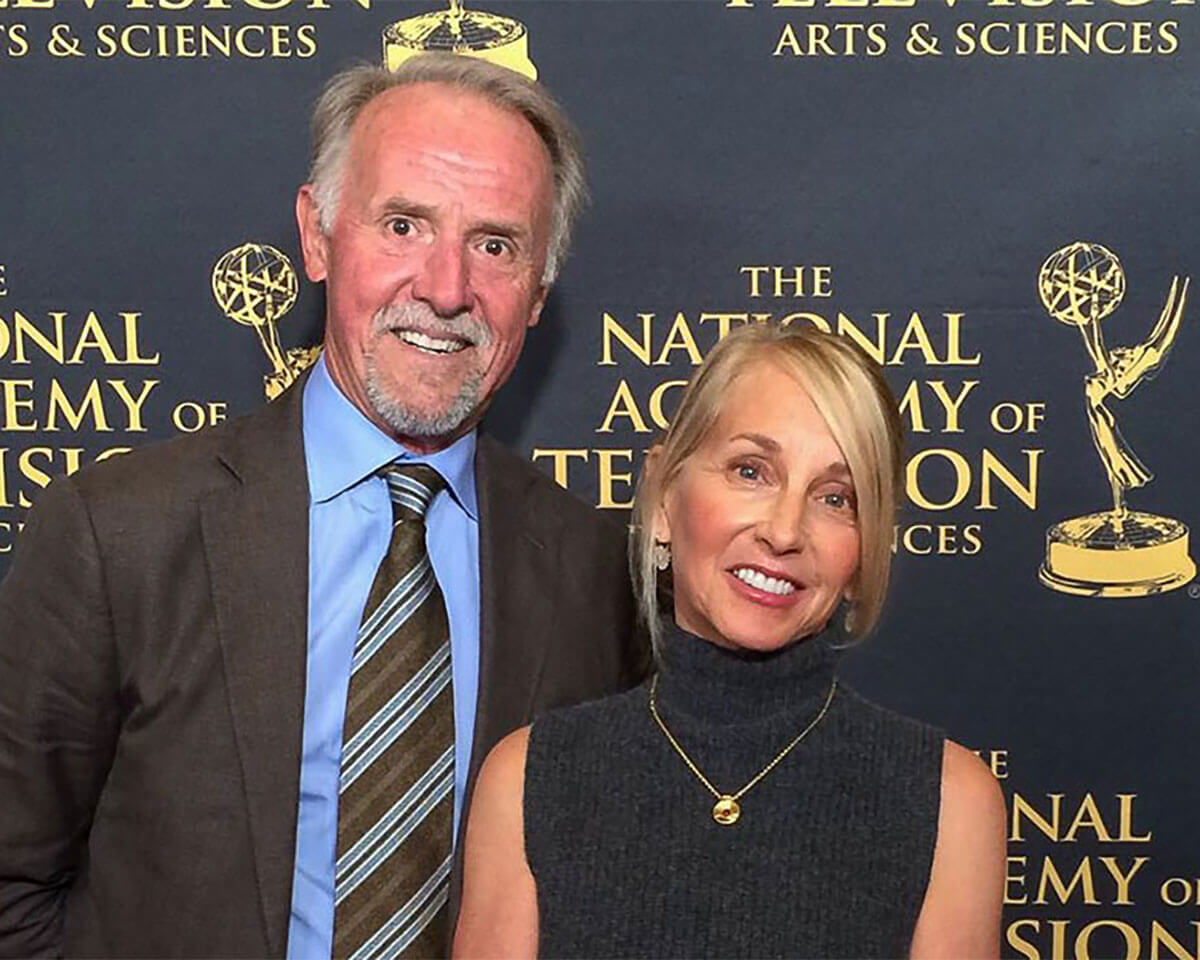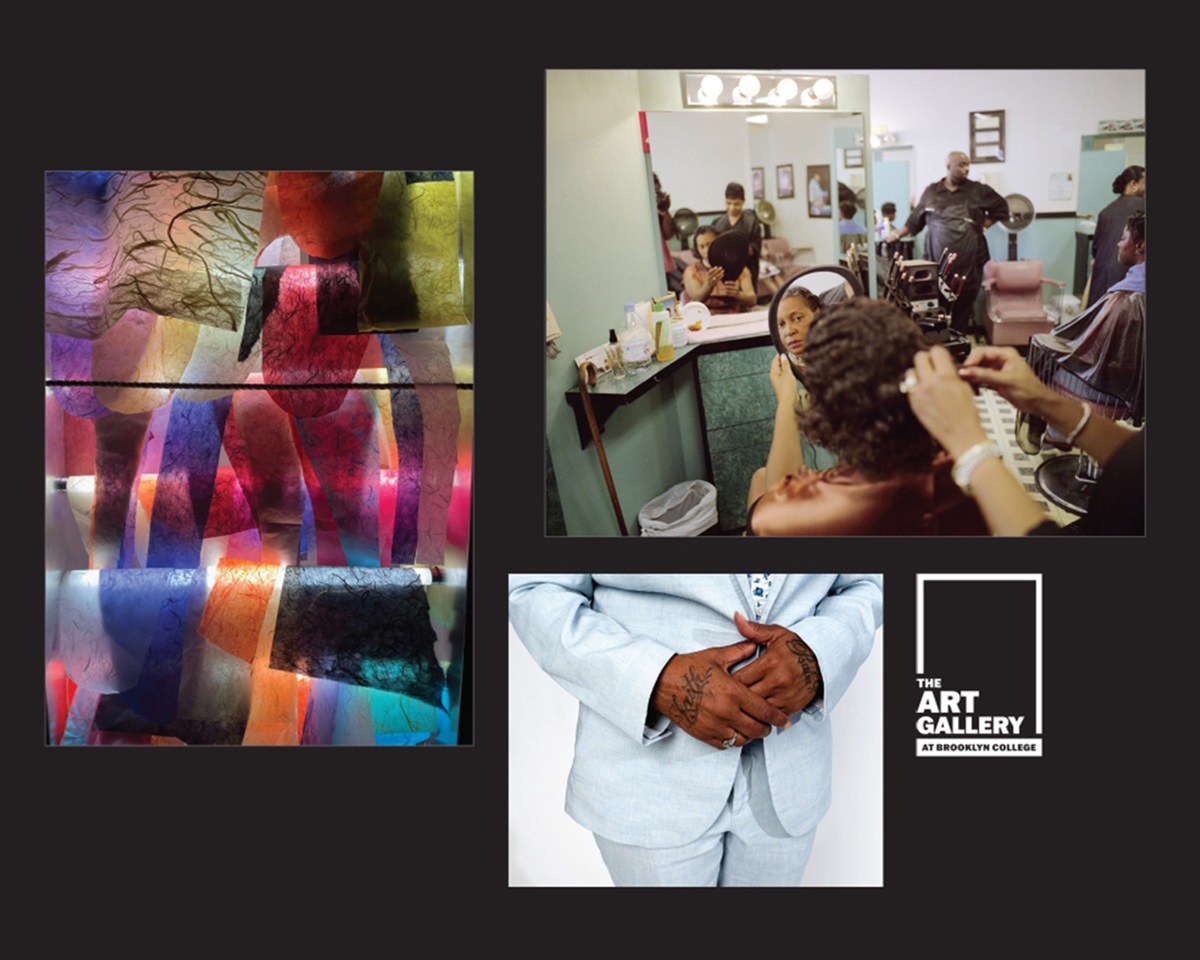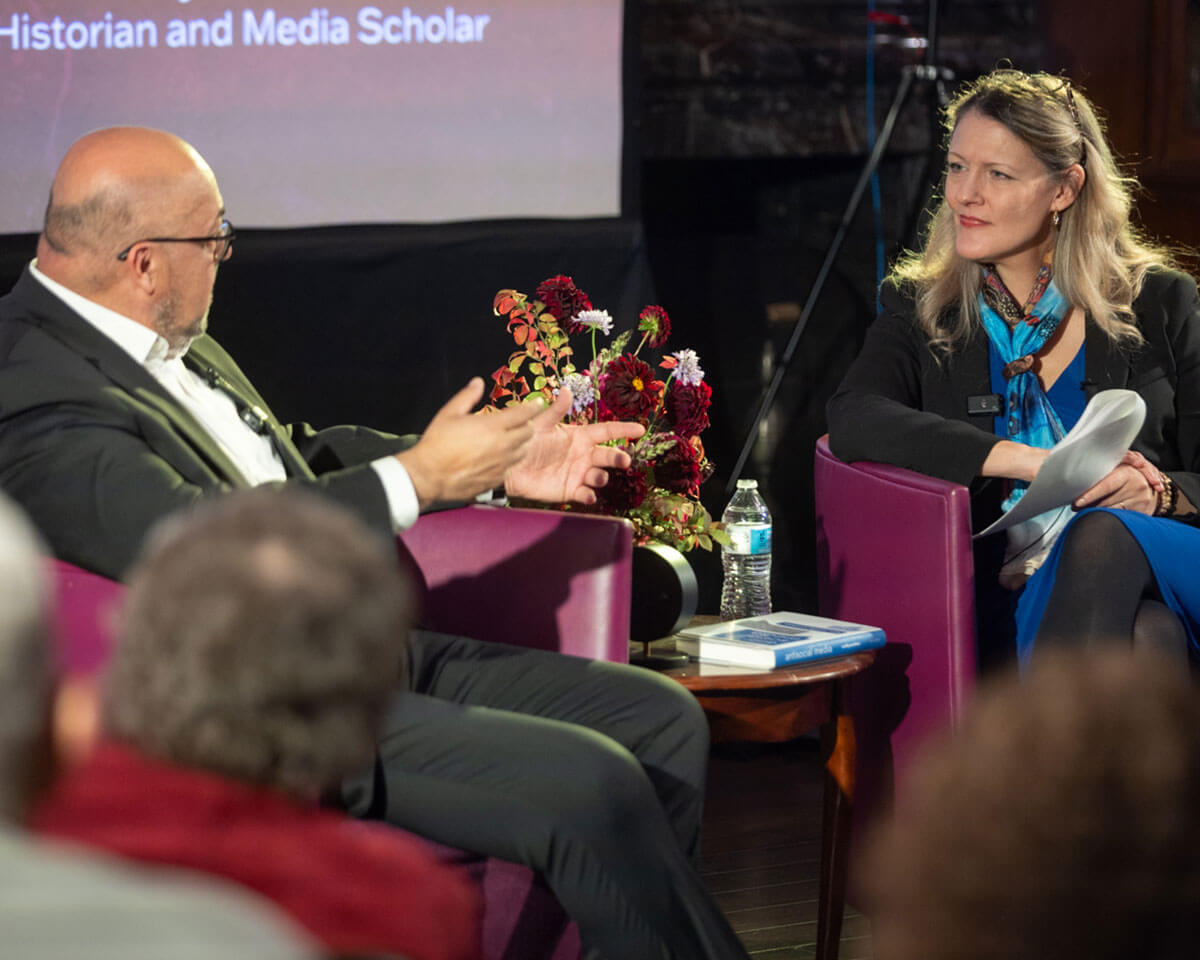Minette Nelson’s relationship with Brooklyn College runs deep. The documentarian and philanthropist’s mother and father were Brooklyn College alumni.
“My parents were first generation college graduates,” says Nelson. “Their parents were sent to work as young children. Hardship was inherent, but so was intellectual curiosity. Because of the CUNY system, my parents and many family members on both sides went to college and graduate school. A good many of them went on to be educators.”
Today, Nelson and her husband David Eckles support students at the Feirstein Graduate School of Cinema through the newly established BackStory Scholarship. The scholarship, which will aid film students with demonstrated financial need, builds on the work of their organization, The Filmmaker Fund, which provides emerging and seasoned filmmakers with wraparound support at every stage of their projects. Feirstein caught Nelson’s attention because of its goal of cultivating the next generation of storytellers from diverse backgrounds and perspectives.
“We had heard about Feirstein’s work to keep education costs manageable for students, as well as its focus on women filmmakers and filmmakers of color,” says Nelson. “We wanted to support that.”
Nelson started out as a journalism major in college. After graduating, she stumbled into advertising in New York City; it was a job, and it paid the rent. It was also a quick way to learn production given advertising’s 28-second formats and non-negotiable deadlines. She volunteered her services to non-profits, and it was from there that she began workings as a freelancer for local productions. She later moved to Park City, Utah, home of the Sundance Film Festival, and continued to work.
In 2008, Nelson was hired to work on a documentary for the first time, and storytelling became her life’s work. It was also around this time that she met her husband. She took him to Sundance and explained the uphill road of financing documentaries. Eckles liked the idea of funding impact documentaries as a way to make a difference.
For Nelson, her shift away from commercial projects also fulfilled a need to “balance her spiritual checkbook.”
“Documentaries never let you down,” says Nelson. “When I worked in advertising, we always worked methodically off a storyboard. There used to be a mantra—shoot what you want but first, cover the storyboard. The beauty of docs is there is no storyboard. Truth is the story, and it tells us where it’s going. It’s not ours to control.”
In 2015, she debuted as a producer with 3-1/2 Minutes, 10 Bullets about the murder of Jordan Davis by Michael Dunn, a white man who fired into a car of four unarmed teens. The film won a Special Jury Prize for Social Impact at Sundance in 2015, was picked up by HBO, and was shortlisted for an Academy Award for Best Documentary Feature.
“3-1/2 Minutes was born out of my son’s outrage about the murder,” Nelson says. Inspired by him, she fronted the cash to do an exploratory shoot, got permission from Jordan’s parents to make the film, and it took off from there.
Similarly, family was the inspiration for the Feirstein scholarship. “Public education was everything to my parents,” she says. And the gift of opportunity—like those given to her family—has a way of rippling outward. With the BackStory Scholarship, Nelson hopes that aspiring storytellers will impact the world and make a difference through their own art.
Return to the BC Magazine



